Higher education in Germany for Indian Students


Looking to study abroad but have no idea where to begin? We recommend Germany as an option. If you're wondering why Germany, instead of countries like the USA and UK, you're definitely at the right place!
Known as Das Land der Dichter und Denker, which translates to "the country of poets and thinkers," Germany promises quality education at low or zero cost. Home to QS World Rankings' best universities, Germany also offers easy student visas and limitless work opportunities for famous companies like Daimler, BMW, and Siemens.
Should you choose Germany, it will also give you a home away from home. According to the latest data from the Federal Statistical Office of Germany for the Winter Semester 2022-23, Germany houses around 42,997 Indian students, with Berlin being the most populated city. If this interests you enough to dig deeper, let YMGrad give you a detailed breakdown of the top five universities in Germany.
Why Should You Choose Germany?
Surrounded by forested hills, snowy mountains, and river valleys, Germany's beauty extends from nature to mesmerizing architecture, like the Romanesque Cologne building, the futuristic Frankfurt skyline, and the grand Dresden. Germany's richness isn't limited to only authentic food and crazy nightlife but extends to world-class educational facilities, with around 49 German universities featured on the QS World Rankings list. Here's a detailed list of the benefits of studying in Germany:
No Tuition Fees in Germany
Since the government funds the country's higher education system, public universities in Germany charge zero tuition fees. They waive tuition for domestic and international students.
Top-Notch Faculty and Infrastructure
Public colleges in Germany are well-known for intermixing modern teaching approaches that help create innovative leaders. They are also popular for their brilliant architecture and visionary academic programs, especially Engineering schools. The curriculum is designed to give students vast opportunities to test themselves in practical settings. Germany, a leading economy in Europe, has a strong manufacturing sector, which translates to abundant opportunities for graduating students.
Exposure to New Culture and Language
Going to Germany will introduce you to a new culture and way of life. It will give you a chance to experience different foods and traditions. Yet another fascinating factor is its language. Since German is the world's third most commonly taught language, it will be an asset for career development.
Most Famous UG/PG Programs in Germany
Germany has become a home for international students due to its fame for offering quality education. The courses are created to offer overall development to the students. Here are some of the most famous undergraduate and postgraduate programs that international students prefer:
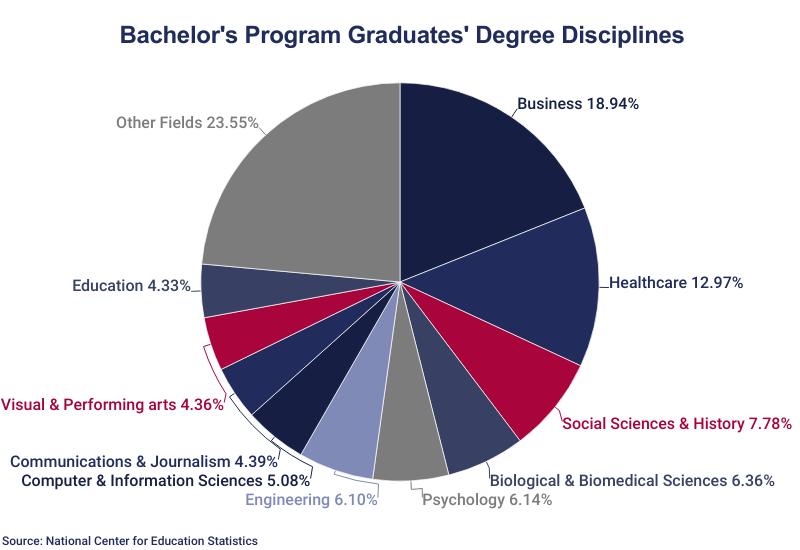
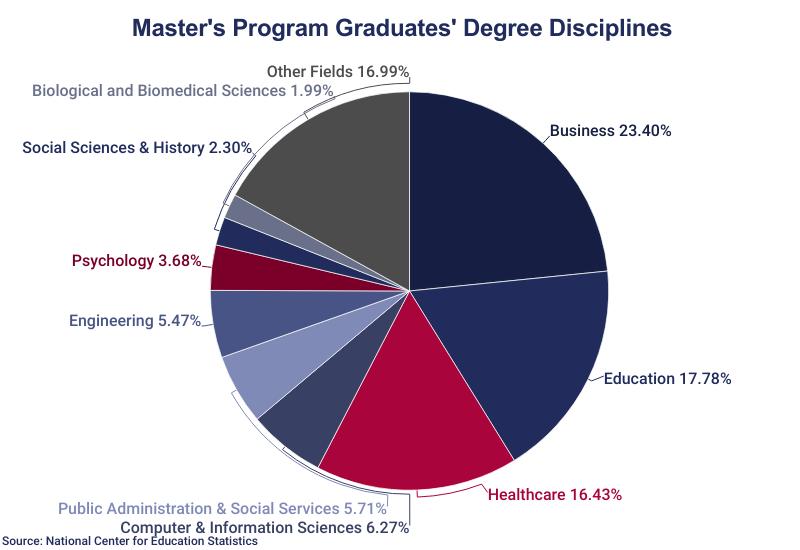
Top Five Universities - Graduate Eligibility Criteria and Documents Required
The rankings below are based on academic and employer reputation, citations per faculty (a measure of research output), sustainability, and more. Here's a list of the top 5 universities in Germany with their world rankings.

Technical University of Munich
The Technical University of Munich (TUM) was founded in 1868 and ranks as the number 1 university in Germany. It is situated in Munich and is a member of TU9, an association of nine of Germany's most prestigious technical institutes. It is ranked 37 globally and is widely known as an Entrepreneurial University with around 200 degree programs. More than 18 Nobel Laureates have been an alum, a researcher, or a professor here.
Graduate Eligibility Criteria:
3.6 GPA
English Language Proficiency: IELTS: 6.5 | TOEFL: 88 | PTE Academic: 65
German Language Scores*: DSH | DSD II: Level, B2 in all four sections | TestDAF: Level 4 in all sections | OSD certificate C2
Standardized Scores: GRE: 157 - 164 [Quant] 4.0 [AWA] | GATE: 90th percentile | GMAT: 700
*for all degree programs whose language of instruction is German.
Documents Required:
Academic transcript
Work experience (depends on the program)
Portfolio of work
Letter of Motivation
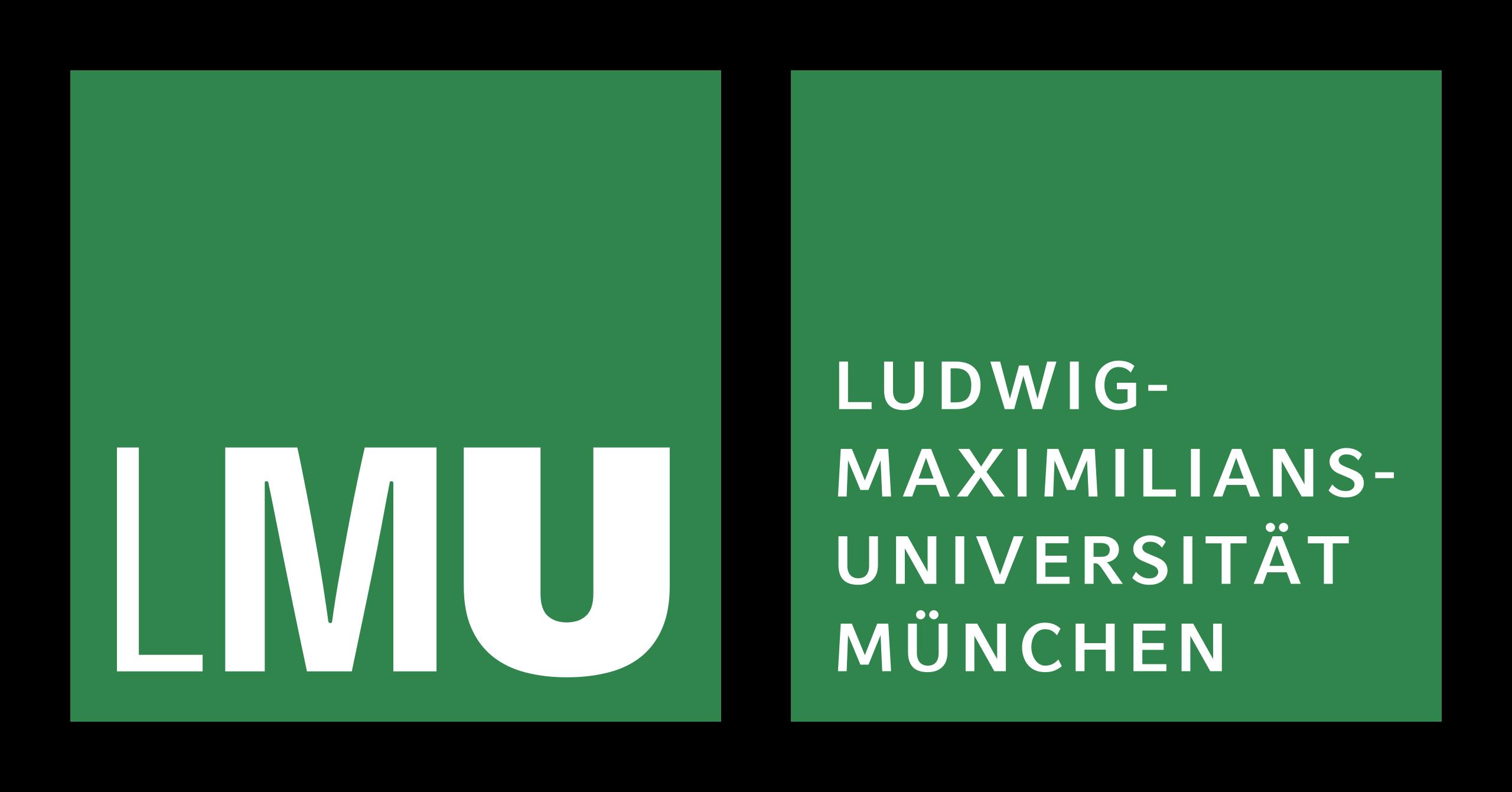
Ludwig-Maximillians-Universität München
Among Germany's oldest universities is the LMU Munich, formerly known as the University of Ingolstadt, founded in 1472. Nationally, LMU ranked 2nd while boasting a solid ranking of 54 worldwide.
It offers courses in various fields, such as medicine, law, computer science, etc., with plenty of research opportunities. LMU also brags 44 Nobel Laureates, including personalities like Max Planck and Thomas Mann.
Graduate Eligibility Criteria:
Bachelor's degree
English Language Proficiency: IELTS: 5.5 to 6.5 | TOEFL: 93
Documents Required:
Academic transcript
Letter of Motivation
Cover Letter
Resume
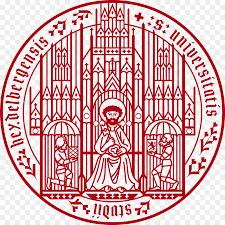
Universität Heidelberg
Starting in 1386, Heidelberg University is Germany's oldest and among the world's oldest universities. It has been ranked 3rd in Germany and 87th globally, offering study options in advanced fields such as biology, pharmacy, psychiatry, and mathematics. It is home to almost 30,000 students and offers almost 150 programs.
Graduate Eligibility Criteria:
Bachelor's degree with a 2.7 GPA
German Language Scores*: DSH | DSH II
English Language Proficiency: TOEFL: 90 | IELTS: 6.5
Standardized Scores: Average GMAT Score: 650 | Average GRE Score: 323
*for all degree programs whose language of instruction is German.
Documents Required:
Copy of your passport
Goal Statement
Letters of Recommendation
Official University Records (NACES evaluation for International Applicants)
Resume
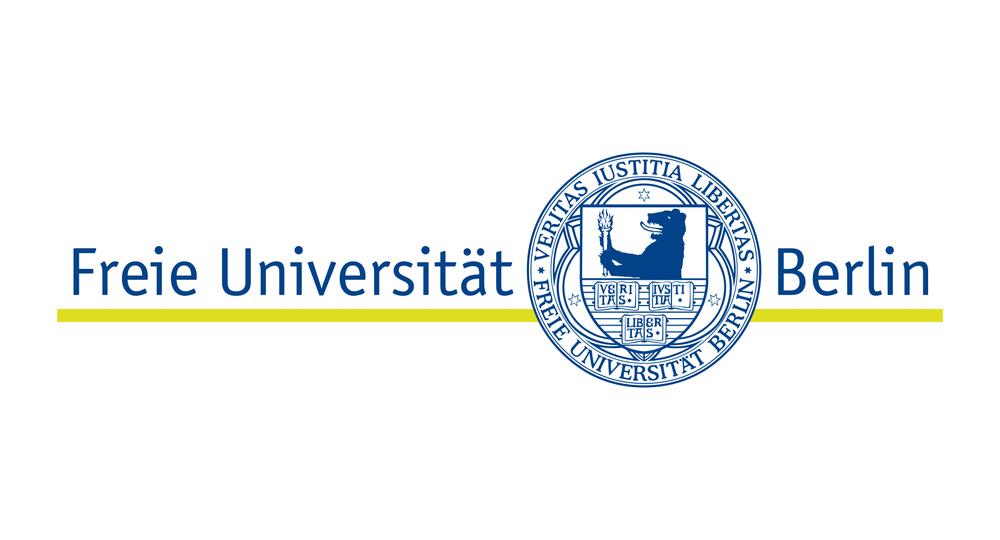
Freie-Universität Berlin
Ranked 4th in Germany and 98th globally, Freie Universität Berlin stands out for its innovative programs and commitment to social responsibility. It specializes in different academic fields, strongly focusing on research.
Freie-Universität Berlin was founded in 1948 by professors and students who openly criticized the oppression students faced in universities on the Soviet side of the divided city. Its principles of freedom collected a lot of international attention at the time.
Graduate Eligibility Criteria:
A 3.0 GPA in a Bachelor's degree in the same field.
German Language Scores: DSH | C1 CEFR | TestDaF: level 4 in 2 parts and level 3 in 2 parts.
English Language Scores: IELTS: 6.5 | TOEFL: 100
Standardized Scores: Average GMAT Scores: 625 | Average GRE Scores: 320
Documents Required:
Copy of your passport
Goal Statement
Academic Transcripts
Letters of Recommendation
Resume
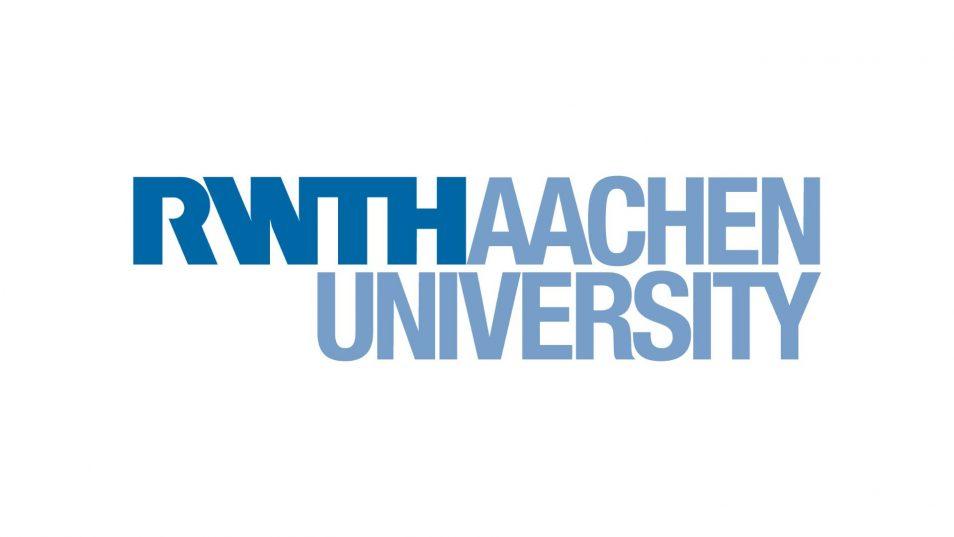
RWTH Aachen University
Did you know that RWTH Aachen University, located in Aachen, Germany, is the biggest tech university in the country? They've got a whopping 47,000 students studying across 144 programs! And guess what? It's pretty reputed among employers.
Graduate Eligibility Criteria:
A Bachelor's degree in the same field.
German Language Scores: TestDaF: Level 4 | DSH Certificate: Stage 2
English Language Scores: IELTS: 5.5 | TOEFL IBT: 90
Standardized Scores: Average GMAT Scores: 650 | Average GRE Scores: 320
Documents Required:
Copy of your passport
Goal Statement
Letters of Recommendation
Resume
Is Germany Good for Indian Students?
1. Scholarships for International Students
Germany offers low tuition and numerous scholarships that help ease the financial burden on the students. Scholarships like the DAAD scholarships, Humboldt Research Fellowship, Heinrich Böll Foundation, and Friedrich Ebert Foundation, among others, are readily available to international students.
The European Centre for the Development of Vocational Training predicts that the job industry will boom by 2025.
Graduates in STEM and business land some of the best-paying gigs in the country. Nearly half, about 44%, of students stick around in Germany after school to kick-start their careers.
Graduating from a German university gives you a better shot at landing a job. Plus, international students can hang around in Germany for up to 18 months to hunt for jobs. Places like Google and Amazon could snag a cool EUR 80,000 if you're into Data Science. And if you aim for an IT Manager role after your Master's, companies like KPMG could dish out up to EUR 76,000.
Germany has tons of cool stuff to offer, especially in cities like Berlin, Frankfurt, and Stuttgart, making Germany an ideal destination for higher education for Indian students.
Frequently Asked Questions!

It is pretty easy to get a German student visa. Research conducted in 2022 shows that the German student visa success rate is around 95%. In other words, approximately 95 out of 100 students succeed in their German student visa application.

You must demonstrate to the German Embassy that you possess a minimum of EUR 11,208 or INR 11,208 annually to qualify for a student visa. Typically, you'll be required to establish a blocked bank account with a German bank and transfer the funds. Another prevalent approach is to secure a scholarship.

These scholarships are offered to applicants from Bhutan, Bangladesh, India, Nepal, and Sri Lanka.

As a student, you can earn up to 522.50 euros per month without paying taxes to the German state (as of January 2024).

The primary entrance exams for studying in Germany are the IELTS/TOEFL for English language proficiency, GRE/GMAT for certain academic programs, and Goethe-Zertifikat/DSH/TestDaf for German language proficiency.




